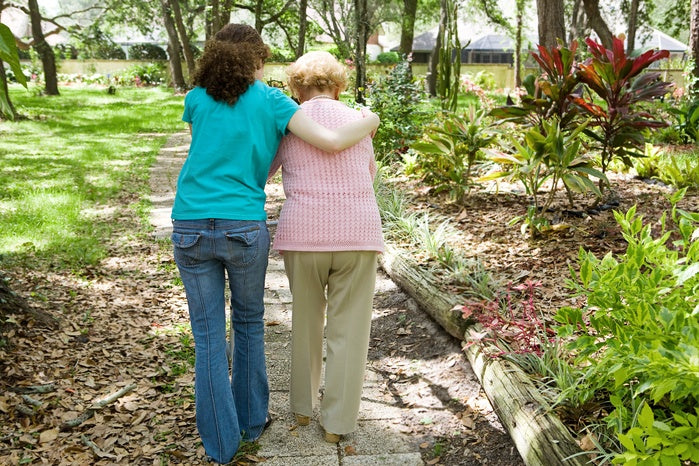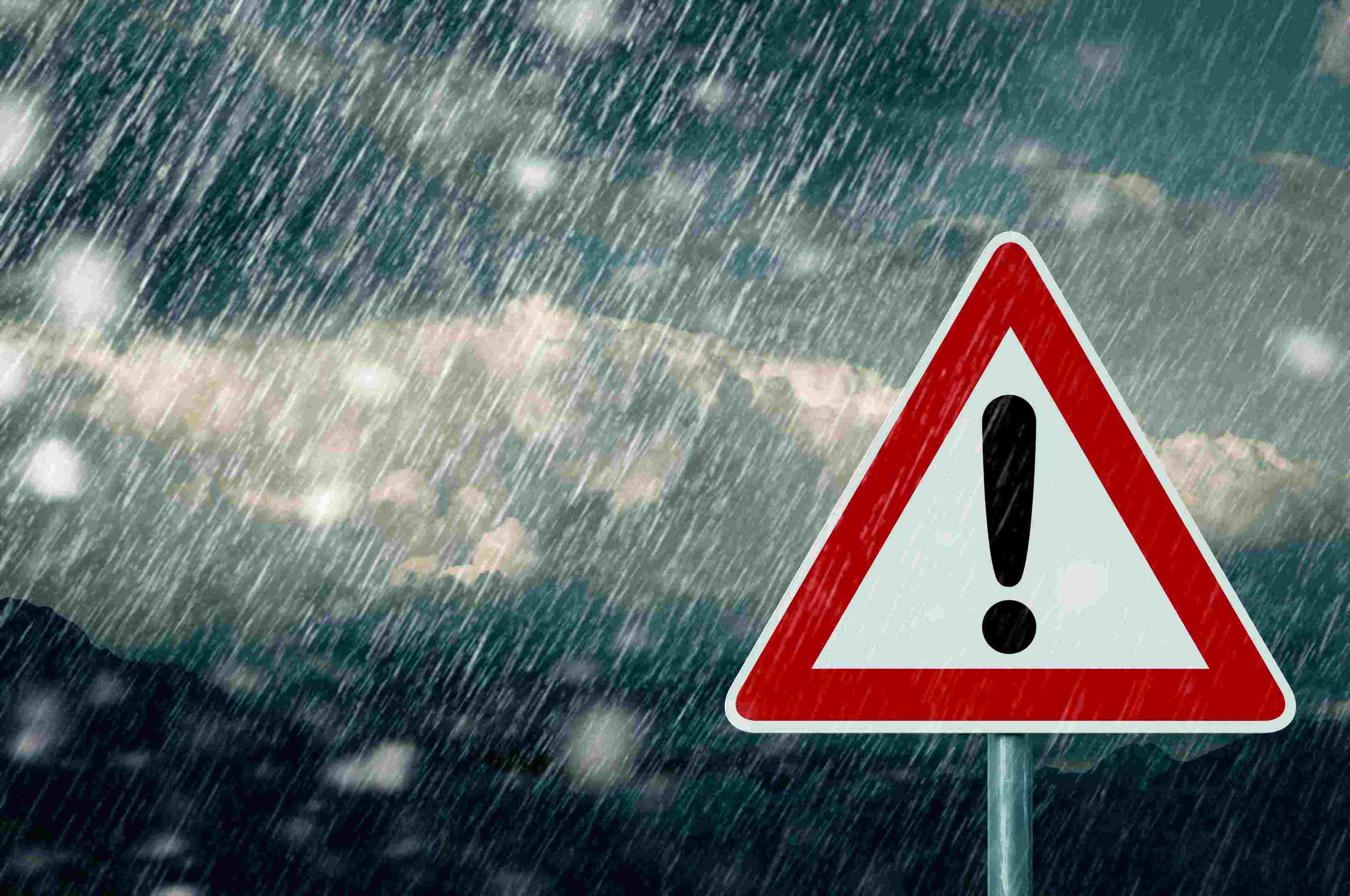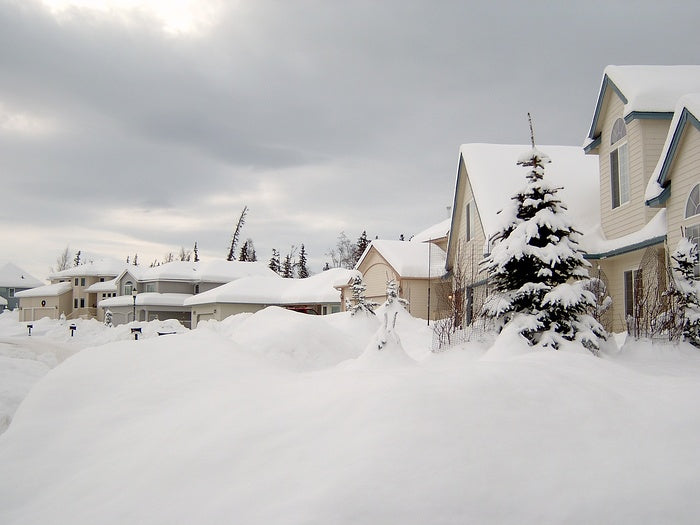
Everyone living in a cold, northern climate zone, and even those residing in "mid-level states" like Colorado, Missouri, or Maryland, must deal with significant challenges every winter season. The elderly, however, are particularly vulnerable to the effects of snow, ice, slush, and low outdoor temperatures. One of the best ways to be a good neighbor is to keep an eye on nearby seniors during the coldest and, for them, the most dangerous months of the year.
The three main dangers that the elderly face each winter are: slip-and-fall accidents with resulting fractures and other injuries; hypothermia, which greatly increases the chances of heart attacks and strokes; and being stranded alone after a heavy snowstorm. Six ways you can help your elderly neighbors avoid such dangers and make it safely through the winter are as follows:
1. Plan to Help; Don't Wait for Them to Ask
Most seniors have lived very independently for most of their lives and are not used to asking others for assistance. Many times, they may feel like they are bothering you if they ask for help, or they may sometimes be too proud to ask for help. Even though they are the most in need, they may be the least likely to approach you for help- so make a plan to reach out to them, and don't expect them to make the first move.
2. Check on Them Before and After Storms
You should keep informed on up-to-date weather forecasts, and check that your elderly neighbors are doing well just before and immediately following blizzards, ice storms, and power outages. If they are snowed in for a time and alone, make sure they have a battery-powered radio, a first aid kit, their prescription medications, and all other needful supplies.
3. Keep in Contact With Them Regularly
It’s not just storms that can be hazardous to seniors; even ordinary winter weather can be a challenge. Try to exchange phone numbers with them so you can be in touch frequently, or walk over and check up on your neighbor at least once a week. Ask if they are feeling in good health and if they have things like smoke detectors, carbon monoxide detectors, and operational heat and water.
4. Try to Keep Them From Shoveling and Walking on Ice
Snow shoveling, even for a short time span, can burden the heart and raise blood pressure. This is dangerous for many seniors who already suffer from various cardiac conditions, so consider shoveling their walk and driveway for them. As slipping can occur on even a small patch of ice, make sure you salt and sand wherever appropriate. Or encourage them to invest in snow-melting mats; you can lay these out for your neighbors on walkways leading to their home, ensuring that their paths stay clear and slip-free all winter.
5. Try to Keep Them From Venturing Outside
A breath of fresh air may well do everyone some good, but in the wintertime, the elderly can easily get frostbite or hypothermia if outside in freezing temperatures for very long. You can bring your elderly neighbor's mail or newspaper to the door and pick up groceries or other items for them on your way home from work to minimize their time out in the cold.
6. Invite Your Neighbor Over for a Hot Meal
Hot food, particularly soups and chili, can warm up the body and lower the risk of hypothermia in the winter. Consider inviting your neighbor over for a meal or bringing it to them to eat at home. While you don't want to be seen as a "pesky neighbor," you do want to be a helpful one. As most seniors who live alone enjoy every chance they get to converse with a friend and have to fight hard to ward off the "winter blues," chances are that your efforts will be appreciated for more than just the delicious meal.
Being neighborly takes on a new meaning--and a new sense of urgency--when regarding seniors in the winter. There are many actions you can take to ensure your elderly neighbors are safe and cared for in the winter--from a physical perspective of helping them avoid health risks, and also from a psychological perspective of providing them company that they are sorely lacking when the cold keeps them indoors. These small steps that take just a fraction of your day, can mean the world to them.


